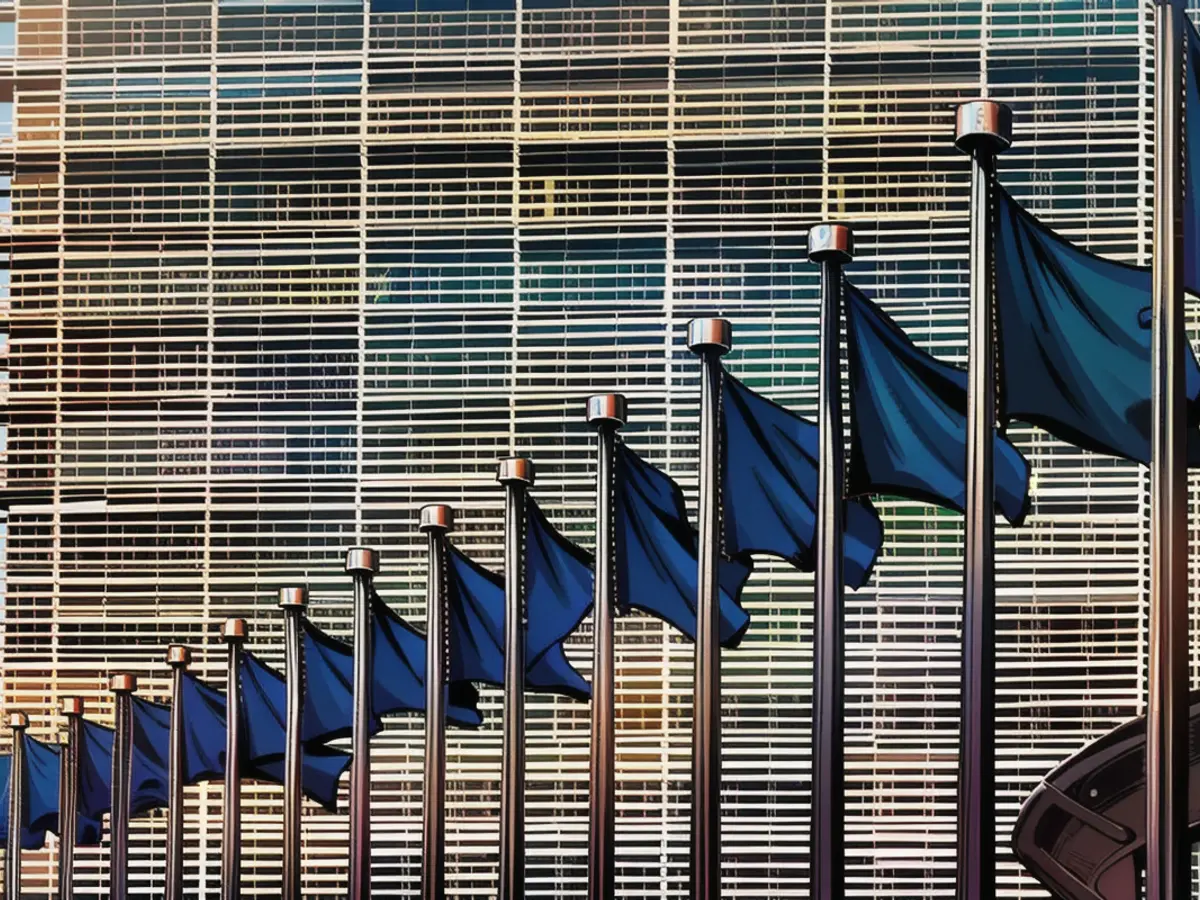The European Commission has granted approval for billions of euros in hydrogen funding.
Germany and six other EU countries are set to invest 1.4 billion euros to support the hydrogen industry. The European Commission has given its approval to the state aid, as per their recent announcement. Companies like Airbus and BMW will be part of these projects. The participating countries include Germany, Estonia, France, Italy, the Netherlands, Slovakia, and Spain.
The funding will be used for 13 different projects, and it's estimated that 3.3 billion euros in private investments will be gathered for them. Some of these projects are aimed at developing advanced fuel cell technologies capable of powering ships and trains.
Another project is focused on creating light and stable hydrogen tanks that can be safely utilized in aircraft. The Commission anticipates the creation of around 3,600 jobs directly through these projects, with more being created indirectly.
These 13 projects are identified as an important project of common European interest (IPCEI). This designation means that stricter regulations apply when these companies receive state support. It's the fourth time the EU has sanctioned an IPCEI to promote hydrogen.
EU rules are remarkably stringent when it comes to state support for enterprises. These rules are in place to avert market distortion. For instance, a European country subsidizing an enterprise in a way that drives a competitor from another country out of the market. Green hydrogen, which is produced using renewable energy, offers potential for the energy transition.
Read also:
- Year of climate records: extreme is the new normal
- Precautionary arrests show Islamist terror threat
- UN vote urges Israel to ceasefire
- SPD rules out budget resolution before the end of the year
The EU Commission's approval of billions in hydrogen funding is a significant step in the fight against climate change, as it will support the production of green hydrogen using renewable energy. This strategy aligns with the commission's fourth approved project of common European interest (IPCEI), which aims to promote hydrogen as a means for the energy transition.
With the anticipated creation of around 3,600 jobs directly and more indirectly, this hydrogen funding can also serve as an economic boost in the participating EU countries, such as Germany, Estonia, France, Italy, the Netherlands, Slovakia, and Spain.
Source: www.ntv.de








